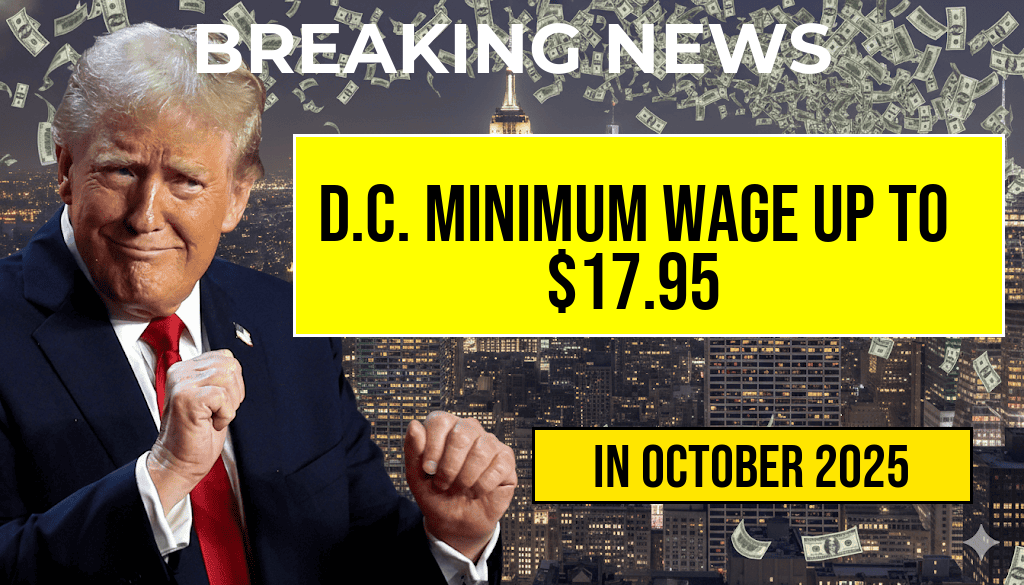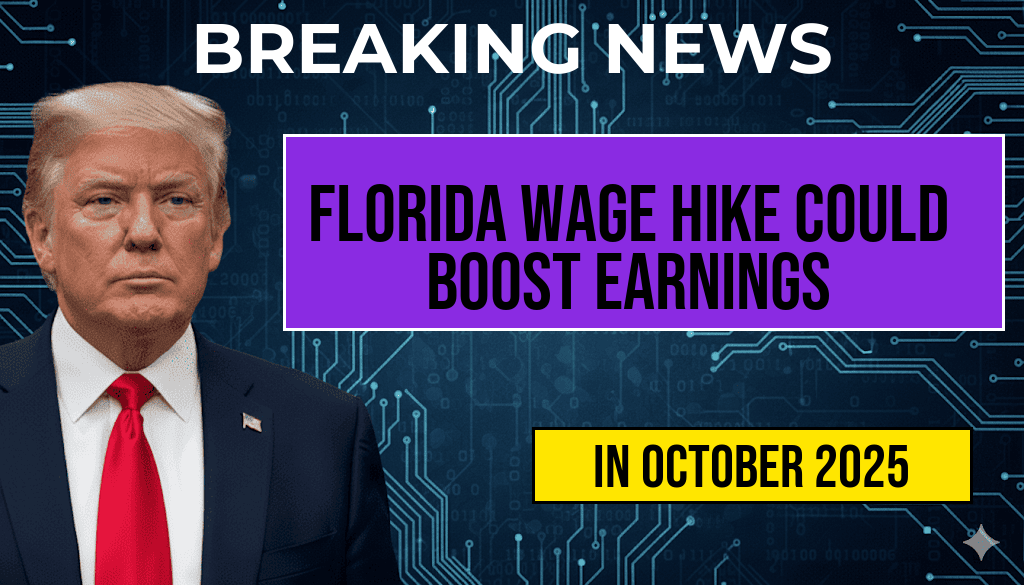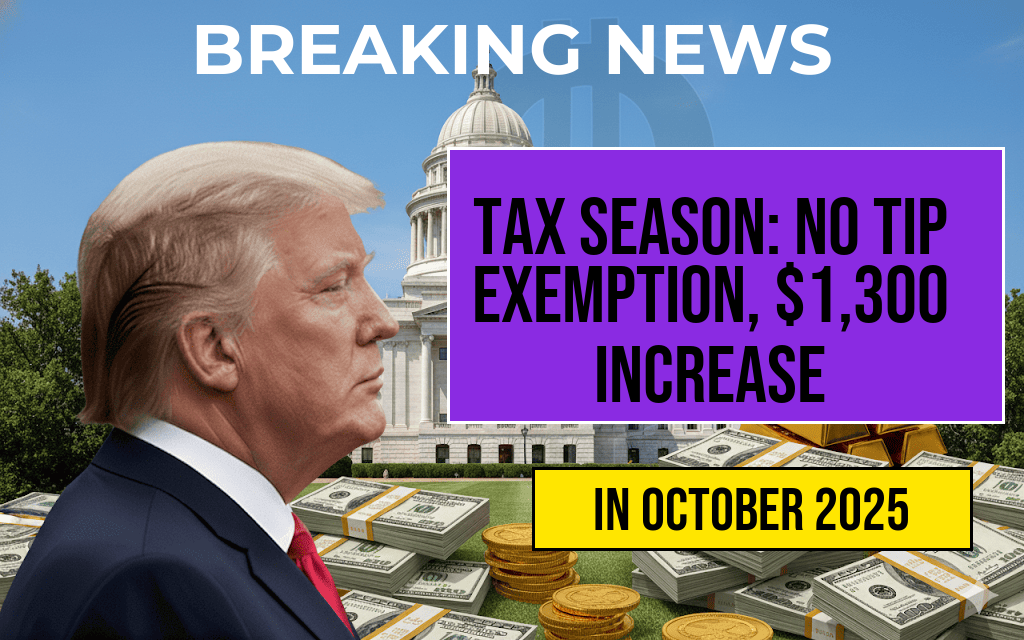The District of Columbia has announced an increase to its minimum wage, bringing the hourly rate to $17.95. This adjustment, effective from July 1, 2023, results in workers earning an additional $0.45 per hour, which translates into an annual increase of approximately $936 for full-time employees working 40 hours per week. The move aligns with D.C.’s ongoing efforts to support low-wage earners amid rising living costs and continues its phased approach to gradually raise wages over several years. This increase impacts thousands of workers across various sectors, from hospitality and retail to public services, and emphasizes the district’s commitment to economic equity. As the minimum wage rises, local officials and business leaders are evaluating the implications for employment, business operations, and the broader economy.
Details of the Minimum Wage Increase
Implementation Timeline and Phasing
The new minimum wage of $17.95 applies to large employers with 250 or more employees, following a scheduled plan that began in 2019. Smaller businesses with fewer than 250 employees will see their minimum wage increase gradually, reaching $17.50 earlier this year, with further adjustments anticipated in the coming years. The phased approach aims to balance the district’s economic growth with the need to provide better wages for workers.
Comparison with Previous Rates
| Year | Minimum Wage |
|---|---|
| 2020 | $15.00 |
| 2021 | $15.20 |
| 2022 | $16.10 |
| 2023 | $17.95 |
The latest adjustment marks a significant increase from prior years, reflecting ongoing efforts to keep pace with inflation and cost-of-living rises in the nation’s capital.
Impact on Workers and Employers
Workers’ Earnings and Purchasing Power
The increase, while modest on an hourly basis, provides a meaningful boost for workers earning minimum wage. For individuals working full-time, the additional $936 annually can help alleviate some financial pressures, such as housing, transportation, and healthcare costs. Economic analysts suggest that even small wage hikes can improve worker morale and reduce turnover, especially in sectors with historically high employee churn.
Business Community Response
Business leaders have expressed mixed reactions to the wage hike. Many small business owners cite concerns over increased labor costs, particularly for establishments operating with tight profit margins. On the other hand, some argue that higher wages can lead to increased employee productivity and better customer service, potentially offsetting the initial expenses. The district has also introduced support programs and potential tax credits to assist small businesses in navigating wage adjustments.
Broader Economic Context
Comparisons with Federal and State Minimum Wages
As of 2023, the federal minimum wage remains at $7.25, significantly lower than D.C.’s rate. Several states and municipalities have adopted higher minimum wages; for example, California and New York sit well above the $17.95 mark, reflecting regional economic differences. D.C.’s upward adjustments underscore its position as one of the leading jurisdictions in the U.S. committed to equitable wages.
Projected Economic Effects
- Increased consumer spending: Higher wages can bolster local economies as workers have more disposable income.
- Potential employment shifts: Employers might reevaluate staffing levels or automation investments to manage costs.
- Housing affordability concerns: Wage increases may help, but affordability remains a challenge amid rising rent prices.
Additional Measures Supporting Wage Growth
The district continues to explore complementary policies, such as expanding workforce development programs and increasing access to affordable housing, to maximize the benefits of wage increases. These initiatives aim to create a more resilient economy that supports low- and middle-income residents.
For more information on the district’s minimum wage policies, visit the Wikipedia page on U.S. minimum wages. Updates on local economic policies can be found through the D.C. Council website.
Frequently Asked Questions
What is the new minimum wage in D.C.?
The minimum wage in D.C. has increased to $17.95 per hour, effective immediately.
How much will workers’ earnings increase per hour with the new minimum wage?
Workers will see an increase of approximately $0.45 per hour in their earnings due to the new minimum wage.
What is the annual earning increase for workers due to the wage hike?
The wage increase results in an estimated annual earnings boost of around $936 for full-time workers.
When did the D.C. minimum wage increase take effect?
The minimum wage increase to $17.95 per hour took effect as of the latest update, with specific implementation dates available from local authorities.
Who is affected by the minimum wage increase in D.C.?
The minimum wage increase primarily affects hourly workers in D.C., including employees in various sectors such as retail, hospitality, and service industries.






